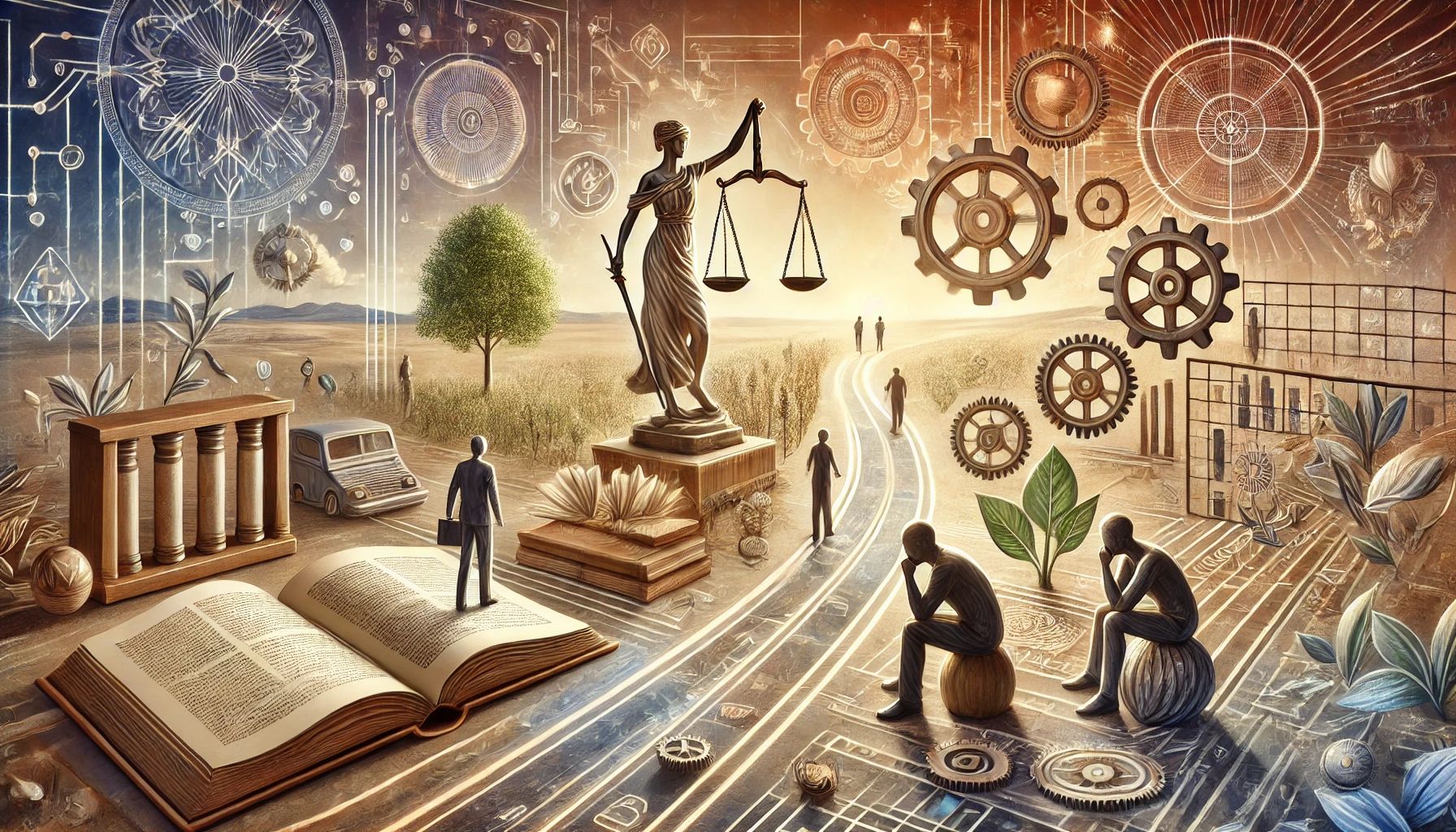
In my interactions with people, I often encounter phrases like "Do not push me!", "No one owes nothing to anyone," and "you give free love." These echo the sentiments of liberation movements, challenging traditional obligations towards men, women, children, and parents. In today's discourse, words like "duty," "commitment," "honor," and "loyalty" have lost favor, replaced by calls for personal autonomy.
Personally, I see value in the notions of "should" and "ought". Fulfilling obligations signifies maturity, not mere compliance with rules but a commitment to performing tasks diligently. It's about striving for excellence in what is expected of us, rather than rebelling against established norms.
Questions like "By whom is it prescribed?" and "But who are the judges?" often feel like empty rhetoric to me. We all share one planet, and our actions collectively shape our quality of life. Independence is an illusion; survival and success depend on our ability to coexist and collaborate.
Consider the workplace: Shouldn't we perform our duties to earn a salary? Shouldn't we pay communal expenses to enjoy basic comforts? Shouldn't students adhere to classroom rules for effective learning? Discipline drives athletes to excel, and adhering to medical advice ensures health—these aren't impositions but necessities for a functioning society.
Yet, amidst cries for personal freedom, where do we draw the line? Shouldn't we respect doctors' orders during illness? Shouldn't we produce quality goods and provide respectful service? Shouldn't we foster neighborly goodwill and assist those in need?
In relationships, too, responsibilities are pivotal. Shouldn't children care for aging parents? Shouldn't partners honor their commitments? Shouldn't we nurture family bonds and support our loved ones? These responsibilities aren't burdens but essential for familial harmony.
The challenge lies in recognizing these responsibilities amidst a culture of independence and rebellion. Many issues stem from unresolved childhood dynamics, hindering our ability to respect authority and fulfill obligations. Without this foundation, societal progress falters, and chaos ensues.
Revolutionary ideals may inspire change, but true transformation begins within. Understanding and embracing responsibilities enriches our lives and strengthens our communities. Let's aspire to ordinary adequacy, where fulfilling duties isn't seen as a constraint but as a pathway to a brighter future.
We owe it to ourselves, our families, and our world to reflect on what we can contribute before demanding what others owe us. After all, we share this planet—we are here for each other. Let's believe in our collective potential and strive for a balanced existence where responsibilities are honored and humanity thrives.


